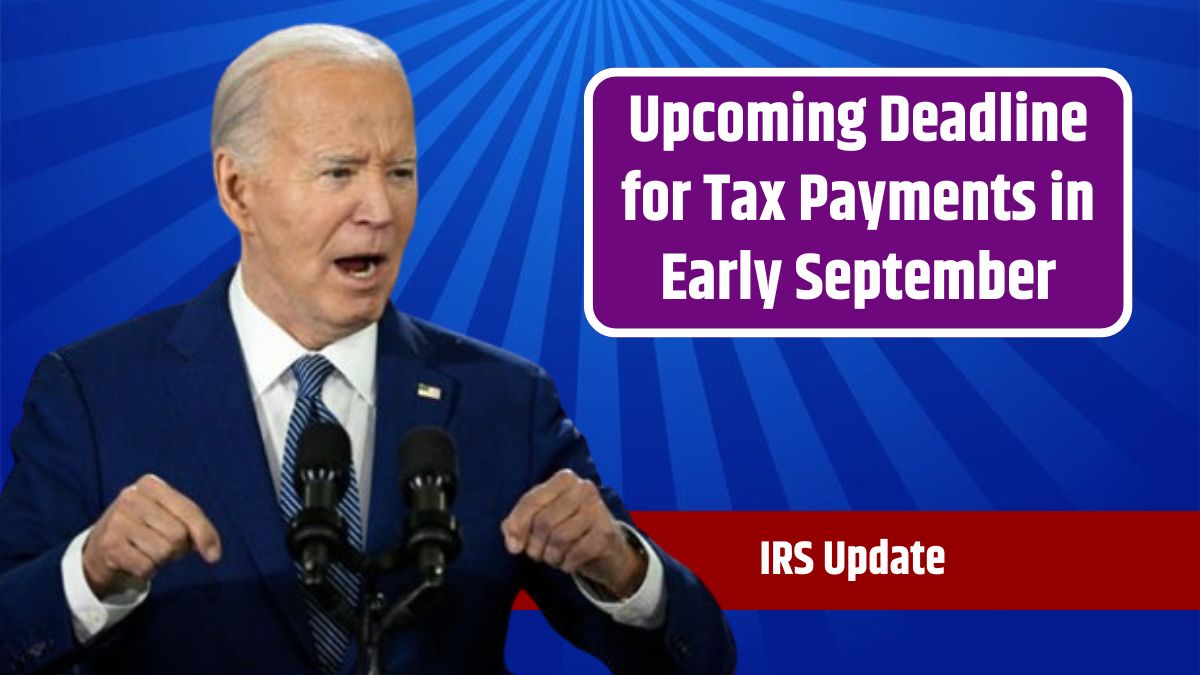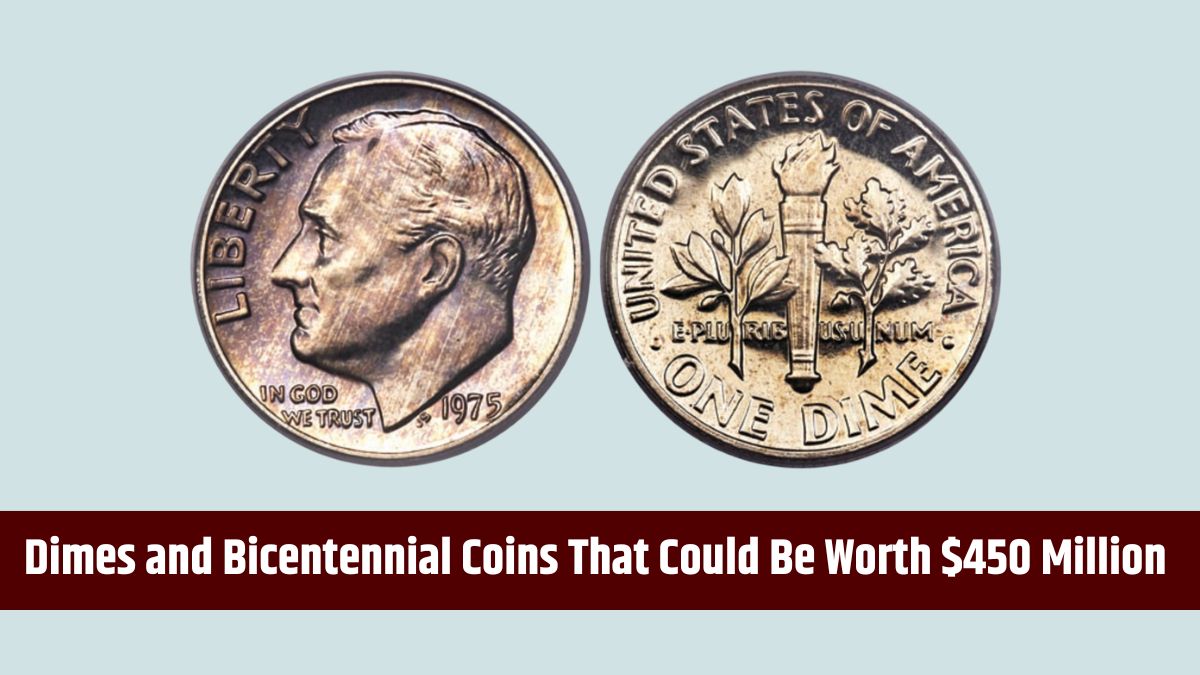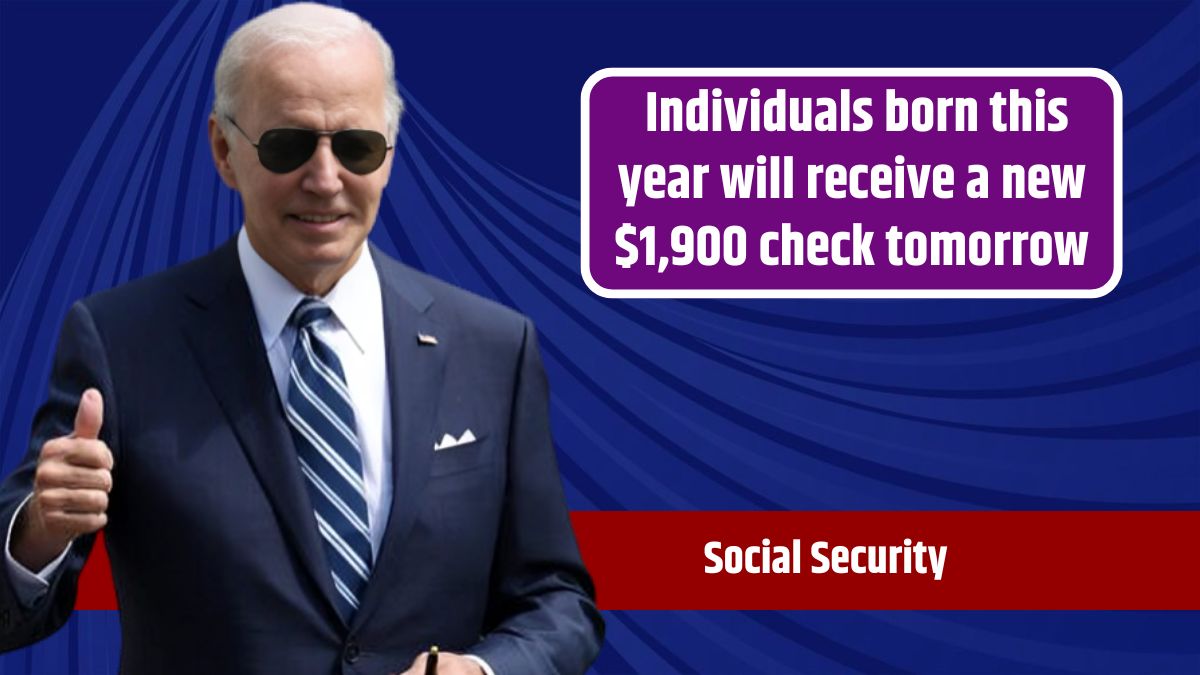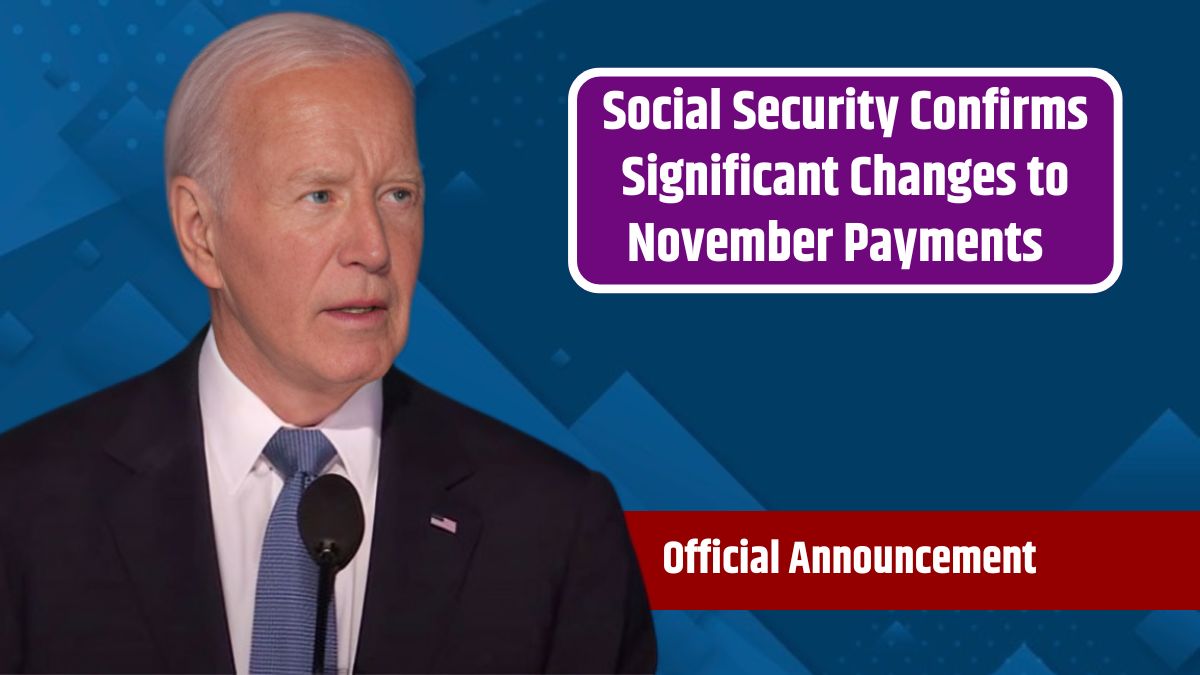If you own a heavy highway motor vehicle in the United States, the Internal Revenue Service (IRS) has an important reminder for you. The deadline to file your Heavy Highway Vehicle Use Tax (HVUT) return is fast approaching, and it’s crucial to take action before it’s too late. The IRS requires certain American taxpayers to file Form 2290 and pay the necessary taxes by September 3, 2024. Missing this deadline could result in penalties and interest, so it’s essential to know the requirements and file on time.
Heavy Highway Vehicle
The Heavy Highway Vehicle Use Tax is a federal excise tax imposed on heavy vehicles, such as trucks, that operate on public highways. If you own a vehicle with a taxable gross weight of 55,000 pounds or more, you are likely required to file Form 2290 and pay the HVUT. This tax helps fund the maintenance and repair of public highways, ensuring that heavy vehicles contribute to the infrastructure they use.
Key Details
The IRS has set the deadline for filing Form 2290 and paying the HVUT for the tax year 2024 as September 3, 2024. This deadline applies to all taxpayers who own a qualifying heavy highway vehicle. Make sure to mark this date on your calendar to avoid missing it, as failing to file and pay on time can lead to penalties and additional fees.
Payment Methods
To pay the Heavy Highway Vehicle Use Tax, you must use a debit or credit card. The IRS does not accept cash payments for this tax, so be prepared to make an electronic payment when you file your return.
You Need to Pay
If you’re not sure whether you’re required to pay the HVUT, the IRS offers an online interview tool that can help you determine your obligations. The interview takes about 15 minutes and can be completed from the comfort of your home. You can access the tool on the IRS website: Do I Need to Pay the Heavy Highway Vehicle Use Tax?.
What You Need to File
Before you can file Form 2290 and pay your taxes, you’ll need to gather some important information:
- Employer Identification Number (EIN): You cannot use your Social Security Number to file Form 2290. If you don’t already have an EIN, you can easily apply for one online: Apply for an Employer Identification Number (EIN).
- Vehicle Identification Number (VIN): Make sure you have the VIN for each vehicle you own that is subject to the HVUT.
- Taxable Gross Weight: You will need to know the taxable gross weight of each vehicle, which is a key factor in determining the amount of tax owed.
Payment Process
Once you have gathered all the necessary information, you can file Form 2290 electronically through the IRS’s E-File system. E-filing is fast and efficient, ensuring that your return is processed quickly. After filing, you can make your tax payment using a debit or credit card.
Important Tips
- Consistency: Ensure that the name you use on Form 2290 matches the name associated with your EIN to avoid processing delays.
- Timeliness: Filing and paying on time will help you avoid penalties and keep your vehicles on the road without interruption.
The IRS’s reminder is a timely prompt to ensure that all taxpayers who need to pay the Heavy Highway Vehicle Use Tax do so before the September 3 deadline. By gathering the necessary documents and filing on time, you can avoid penalties and stay compliant with federal tax requirements.
FAQs
What is the deadline for filing Form 2290?
The deadline is September 3, 2024.
Can I use my Social Security Number to file Form 2290?
No, you must use an Employer Identification Number (EIN).
How can I determine if I need to pay the HVUT?
Use the IRS’s online interview tool to check your obligation.
What payment methods are accepted for the HVUT?
You can pay using a debit or credit card.
What information do I need to file Form 2290?
You need your EIN, VIN, and the taxable gross weight of each vehicle.









